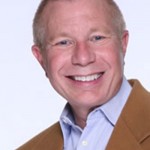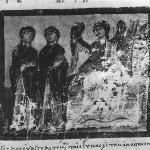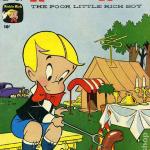On Sunday, I attended worship at a United Methodist church in Savannah. It was my only Sunday off this year, so I wanted to check out a church that had been near the point of death but had been resurrected. This Sunday, they had more than 300 people in attendance. It was an amazingly diverse group of people. I noticed that three people in the congregation wore hats. One was an African-American woman who wore a “crown” that I guessed she had worn for many decades. An older white woman wore a peach colored bonnet that almost matched the walls of the recently renovated sanctuary. The third hat was the fanciest, worn by a mustachioed middle-aged man, who could have been a gay man from 1980’s Castro in San Francisco. The hats alone made me love this church.
As we sat trying to prepare for worship the noisy chatter warned me that I wasn’t likely to hear the prelude. I was correct; in fact, the congregation stopped chattering only when they music stopped. It wasn’t very respectful of the musicians, but I gave up the idea of reverence during the prelude long ago and embraced the view that if a congregation was that eager to see one another it was probably a holy thing, too.
Before the service began, I noticed a group of instruments on the chancel that I anticipated hearing. A violin and cello promised at least one piece of serious music. It wasn’t until the musicians assembled that I realized my mistake. That wasn’t a violin and a cello; it was a fiddle and an upright bass, which, along with the banjo I hadn’t noticed and the guitar I’d tried to ignore, created a gospel band with which we sang a couple of times during the service.
A good time was had by all, but I wondered if anyone else had been fooled by the instrumentation. The young woman might have played her instrument like a violin, but that morning it served a different sound and genre. I thought that we as disciples of Jesus might do well to learn that kind of flexibility. There are times the occasion needs us to be a prophet raising our voices against injustice. There are also times when we are called to use our voices as priests bringing healing and holiness to the moment or need.
I don’t know if the instruments had a preference for how they were played. In the end, it was the setting and the musician who decided. My prayer is that you and I can be instruments in the capable hands of God, and that we can find the grace in our souls to be used in ways that might not be our preference, but might be what the situation and the Musician requires.
By Michael Piazza
Co-Executive Director
The Center for Progressive Renewal











